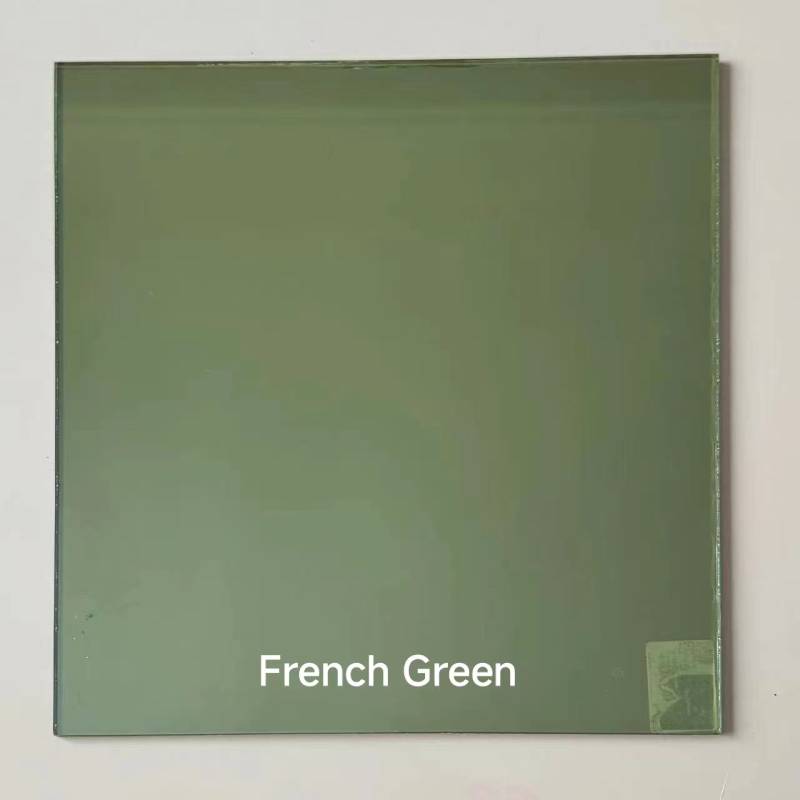

What is Float Glass Used For?
Float glass is a type of glass that has been widely utilized in various applications due to its clarity, smooth surface, and versatility. It is produced using a unique process that involves floating molten glass on a layer of molten tin, resulting in a sheet of glass that is uniform in thickness and has a flawless finish. This manufacturing method was developed in the 1950s and has since become the standard for producing high-quality flat glass. The properties of float glass make it suitable for numerous applications across different industries.
What is Float Glass Used For?
In addition to residential and commercial buildings, float glass is commonly used in the automotive industry. Automotive windshields, side windows, and rear windows are often made from laminated or tempered float glass, which provides safety and protection for passengers. The clarity and optical quality of float glass contribute to a better driving experience by minimizing distortions and providing an unobstructed view. Furthermore, advancements in float glass technology have led to the development of tinted or polarized options, which enhance aesthetic appeal and reduce glare.

Another significant application of float glass is in the production of furniture and decorative items. Glass tabletops, shelves, and cabinetry often feature float glass due to its clean lines and modern appearance. Designers appreciate its versatility, as it can be combined with other materials such as wood, metal, or stone to create unique and stylish pieces. Additionally, float glass can be manufactured with various finishes, such as frosted, etched, or colored options, allowing for endless design possibilities in interior spaces.
The appliance industry also benefits from the use of float glass. It is commonly found in oven doors, cooktops, and shower screens. The heat-resistant properties of float glass ensure durability and safety in high-temperature environments, while its aesthetic qualities add modernity to appliances. In kitchen and bathroom designs, glass splashbacks made from float glass are a popular choice for their ease of cleaning and visually appealing finish.
Moreover, float glass plays a crucial role in the electronics industry. It is used in the production of screens for televisions, smartphones, and computer monitors. The importance of high-quality float glass in ensuring touch sensitivity and visual clarity cannot be overstated. As technology advances, the demand for thinner and lighter glass screens continues to grow, and float glass manufacturers are rising to meet these challenges through innovative production techniques.
In conclusion, float glass is an essential material with a wide range of applications across various industries. From construction and automotive uses to furniture design and electronics, its clarity, versatility, and durability make it an invaluable resource. As technology progresses and sustainability becomes a priority, the float glass industry is likely to evolve, introducing new manufacturing methods and applications that will further expand its utility in our daily lives. Whether enhancing the functionality of a building, improving vehicle safety, or providing aesthetic value in design, float glass continues to be a fundamental component of modern society.